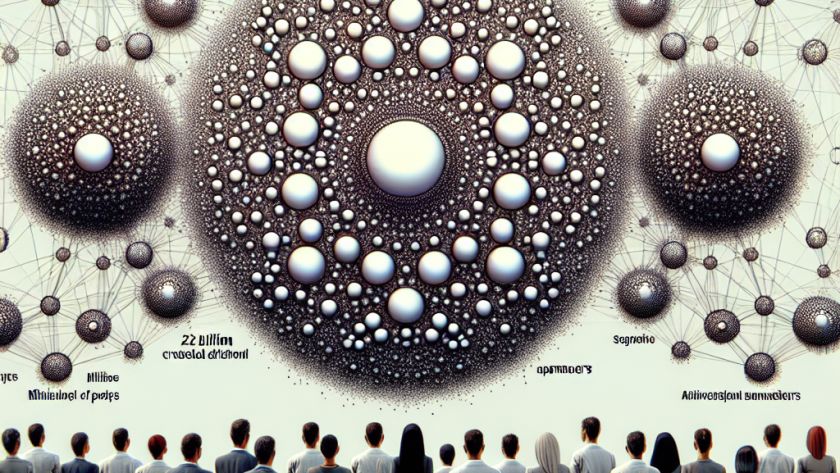Tsinghua University's Knowledge Engineering Group (KEG) has introduced GLM-4 9B, an innovative, open-source language model that surpasses other models like GPT-4 and Gemini in different benchmark tests. Developed by the Tsinghua Deep Model (THUDM) team, GLM-4 9B signals an important development in the sphere of natural language processing.
At its core, GLM-4 9B is a colossal…












